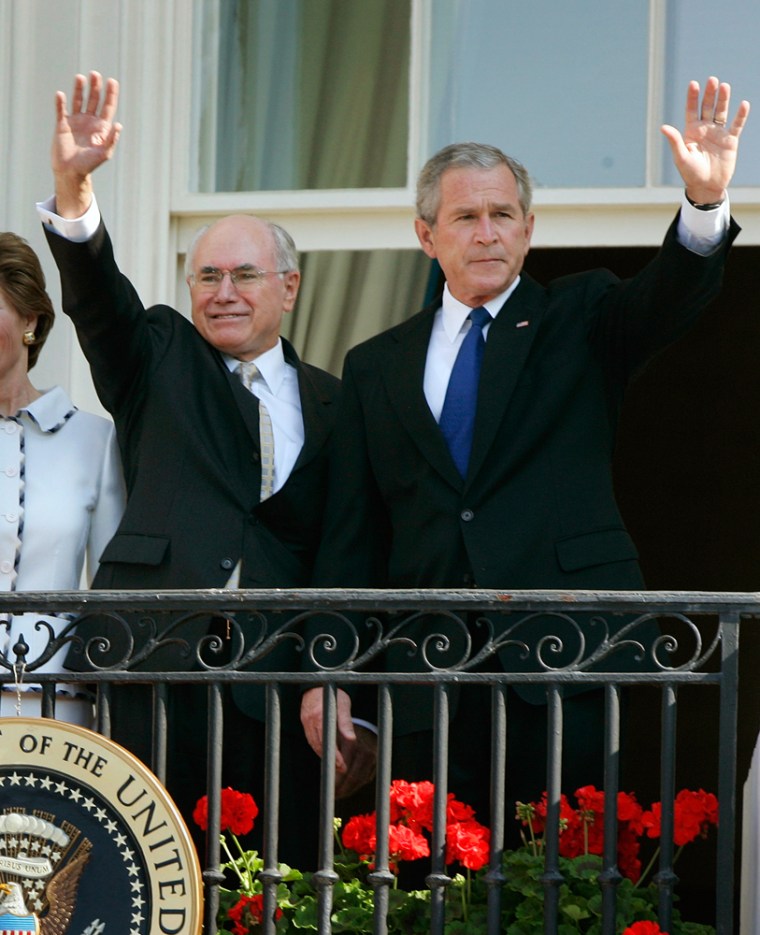Australia’s leader said Tuesday he wants to consider an international carbon trading system to fight global warming, signaling a shift toward a part of the Kyoto agreement that he has steadfastly refused to ratify.
Prime Minister John Howard, who has recently made global warming part of the mainstream debate in Australia after years of playing down the issue, said he would be willing to consider the trading system to limit greenhouse gas emissions — if it does not harm key resource-dependent industries.
“It’s in Australia’s national interest to play a part in reducing greenhouse gas emissions but in a way that doesn’t damage our vital industries, such as the coal industry,” said Howard, a U.S. ally whose objections to the Kyoto agreement previously echoed those of President Bush.
Howard said he would raise the issue with leaders he meets in Hanoi, Vietnam, later this week at the Asia Pacific Economic Cooperation forum, including Bush.
Coal is king here
Australia, the world largest coal exporter, and the United States are the only major industrialized countries to reject the 1997 Kyoto Protocol, which commits 35 nations and the European Community to reducing greenhouse gas emissions by 5 percent below 1990 levels by 2012.
Canberra and Washington say the pact would unfairly hamper their economies while allowing developing countries like China and India — which are excluded from the 2012 target — to pollute freely.
“I’ll certainly be talking about ... the need to move on from Kyoto, and talk about the need ... to develop a (carbon-trading) system that takes into account the legitimate interests of energy-rich countries such as Australia,” Howard told reporters.
Carbon-trading is central to the Kyoto pact. Under the system, member countries agree to set limits on their greenhouse gas emissions, and can sell their carbon allowance to other countries if they do not use their full entitlement.
Howard until recently had opposed carbon-trading, as does Bush, calling it a “carbon tax” that could harm Australia’s exports of fossil fuels. He has said Australia would join such a scheme only if the United States, China and India were participating.
But in an apparent turnabout, Howard on Monday announced a joint government-business task force that would examine “the form that an emissions trading system here in Australia and globally might take in the years ahead.”
Looking for 'new Kyoto'
“We do need to find, call it what you may, a new Kyoto. We do need, as a world community, to try and find a new global solution, and that global solution must include all of the major emitters,” Howard said in speech late Monday.
On Tuesday, Howard said any new approach to climate change would have to take into account “the needs of countries such as China,” whose voracious appetite for coal is helping drive Australia’s economy.
Howard is expected to meet Bush on the sidelines of the two-day APEC summit, which starts Saturday.
Australia’s Greens party accused Howard of “stalling for time” to win credit among voters ahead of a federal election due next year.
“Anyone can have discussions that go on for years but those who are genuinely interested in moving forward on climate change have already ratified the Kyoto Protocol,” Greens party spokeswoman Christine Milne said.
